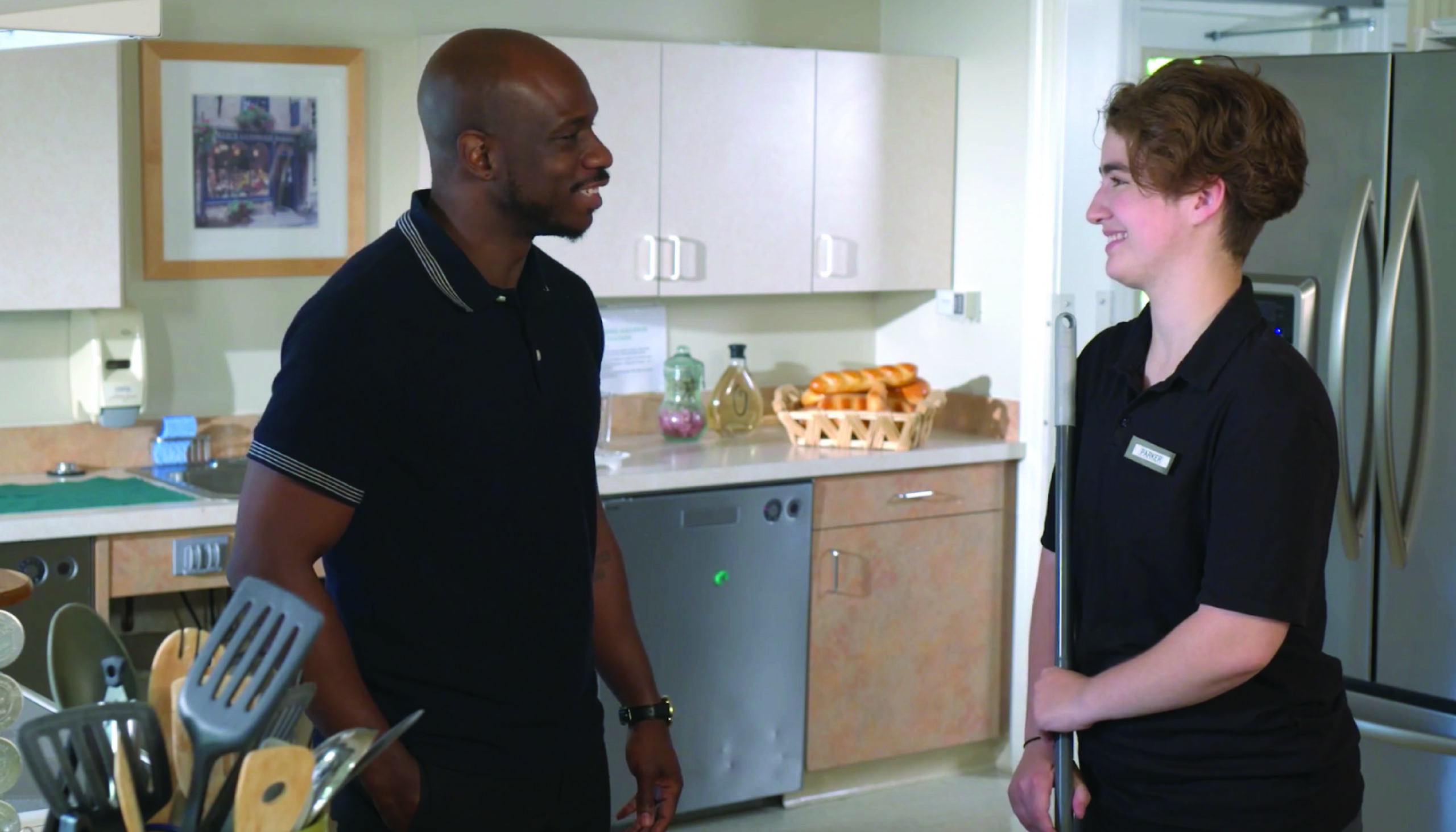In special education, it’s crucial to equip high school students with the skills necessary to succeed in the workplace. One such skill is the ability to reflect on their job performance and take responsibility for their tasks. In this blog post, we’ll explore the significance of this target skill in special education and how to develop effective Individualized Education Program (IEP) goals to support its development.
Understanding Job Performance and Self-Reflection
Job performance and self-reflection involve evaluating one’s own work performance, identifying areas for improvement, and taking ownership of job tasks. This target skill plays a vital role in students’ learning, social interactions, and overall wellbeing. By honing this skill, students can improve their work performance, become more adaptable, and develop a growth mindset that will serve them well in the workforce.
The Role of Specialists
Various specialists can support students in developing the target skill:
- Speech-Language Pathologists can help students articulate their thoughts and feelings regarding their job performance and effectively communicate with coworkers and supervisors.
- Social Workers can provide guidance on navigating workplace relationships and addressing challenges that may arise in the work environment.
- Psychologists can assist students in developing coping strategies for dealing with stress and anxiety related to job performance and self-reflection.
- School Counselors can offer career guidance and support students in setting realistic goals and expectations for their job performance.
IEP Goals for Job Performance and Self-Reflection
Here are some specific SMART IEP goals for improving job performance and self-reflection skills:
- Goal: Student will demonstrate improved self-reflection by identifying three strengths and three areas for improvement in their job performance during weekly check-ins for the next two months.
- Strategies/Activities: Encourage journaling, role-playing, and group discussions to facilitate self-reflection.
- Goal: Student will exhibit increased responsibility for job tasks by completing assigned tasks on time and without reminders for 90% of the tasks over the next three months.
- Strategies/Activities: Implement time management techniques, visual schedules, and task checklists.
- Goal: Student will actively seek and incorporate constructive feedback from supervisors and coworkers in order to improve their job performance over the next semester.
- Strategies/Activities: Teach active listening skills, practice receiving feedback, and develop action plans for improvement.
Implementing and Measuring Progress
When implementing these IEP goals, it’s essential to collaborate with relevant specialists, provide consistent support, and tailor strategies to each student’s unique needs. Progress can be measured through regular check-ins, observations, and data collection on task completion and feedback incorporation.
Conclusion
Developing effective IEP goals for job performance and self-reflection can significantly impact high school students’ success in the workforce. By collaborating with specialists and implementing tailored strategies, educators can empower students to take ownership of their tasks and continuously grow in their careers. To explore more resources, visit Everyday Speech Sample Materials.







